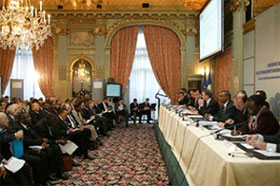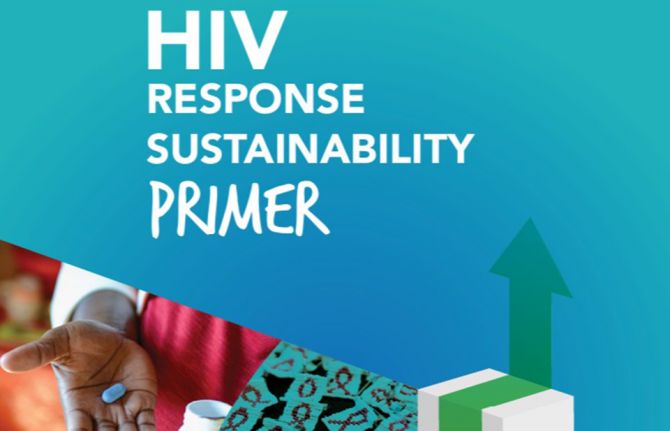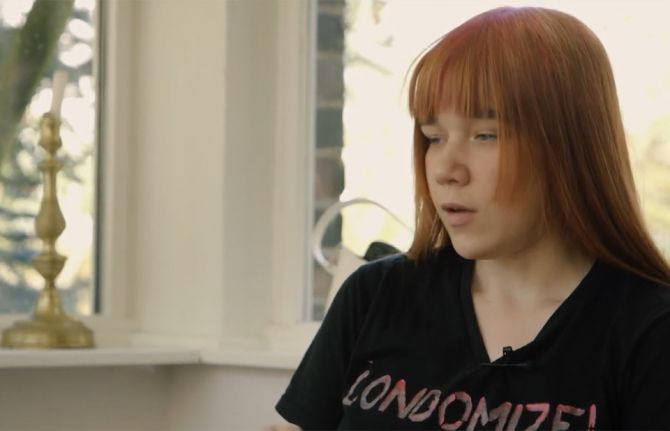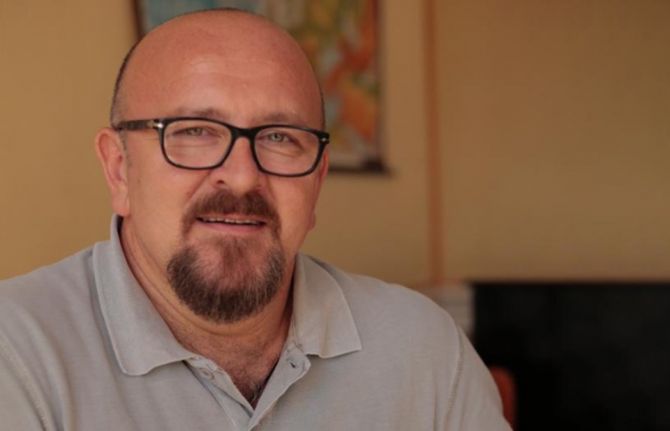
Feature Story
Innovative AIDS funding takes off
28 février 2006
28 février 2006 28 février 2006
Plenary session at the CCI in Paris. Photo: © F. de La Mure/MAE
For several years now, the international community has been looking for new tools to ensure sustained financing for development and the fight against poverty. A recent international conference on “Solidarity and Globalization: innovative financing for development and against pandemics”, held in Paris, brought together more than one hundred countries from the around the world as well as,18 international organizations and 60 NGOs to discuss the implementation of innovative financing for development. Since the declaration of 14 September 2005 which encourages further work on an international solidarity contribution the principle of innovative sources of financing is now receiving support from a large part of the international community.
French President Jacques Chirac announced that several countries agreed to use an air-ticket tax to respond to AIDS, TB and malaria. This innovative source of funding would be used to facilitate access to HIV treatment by assuring the long-term production of ARVs. This tax is expected to generate revenue of up to € 200 million per year for France alone.
Programmes that work to alleviate poverty and to help achieve the Millennium Development Goals need long-term stability and continuity and can suffer from the unpredictable flow of funds. Without new sustainable long term funding mechanisms it will be difficult to scale-up HIV prevention, treatment, care and support and come as close as possible to universal access by 2010. “New innovative sources of financing are absolutely necessary,” said UNAIDS Executive Director Dr. Peter Piot.
During the conference France proposed the creation of an international facility for drug purchases providing sustainable and affordable access to ARV treatment. This kind of facility could assure the pharmaceutical industry of continuous funding and demand which could then in turn lower drug prices. “The demand for ARVs will constantly rise in the next few years. More and more people will get sick and more and more people will know they have HIV. That’s why it’s so important that we develop long term sustainable funding mechanisms which will allow us to continue treating people in 20 or 40 years” said Dr. Piot.
In addition to France and Chile which have already adopted the legislation and the UK which has a similar tax, Brazil, Norway, Niger, Madagascar and Mauritius announced that they would immediately create an airline ticket tax. Seven other countries are expected to make similar announcements. Approximately 30 countries will take part in a working group for the creation of a tax in the long-term.



